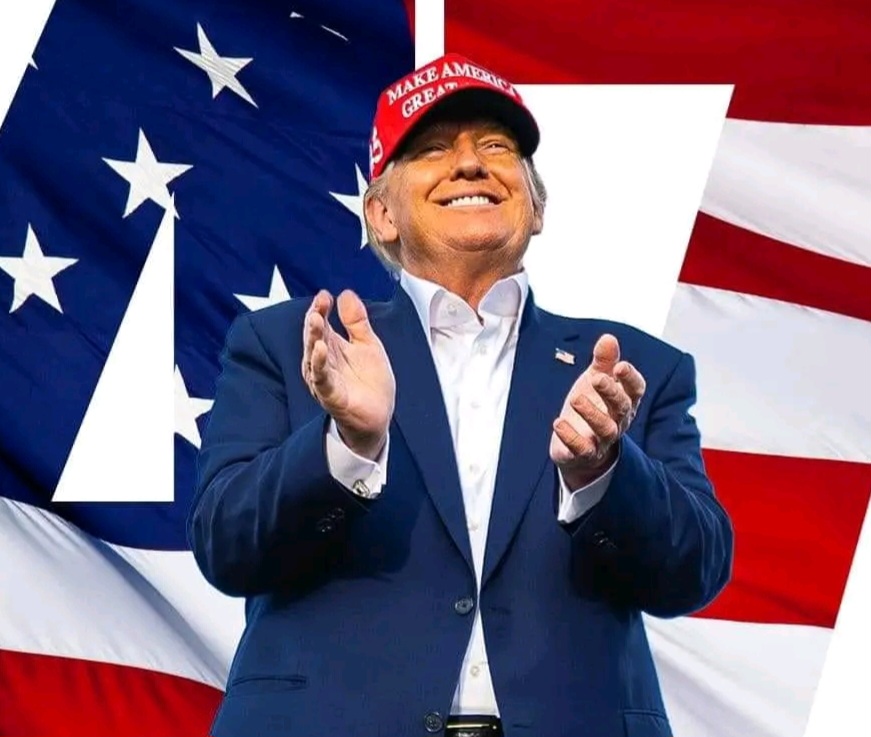Kenyan MP Caleb Amisi Warns that Trump’s Victory Could Impact Ruto’s Administration and Foreign Aid Reliance

Saboti Member of Parliament Caleb Amisi has warned that the victory of former US President Donald Trump in the 2024 US Presidential election could spell trouble for President William Ruto’s administration. In his statement, Amisi argued that Trump’s leadership would force the Kenya Kwanza administration to rethink its reliance on foreign aid, especially from the United States.
Amisi, a member of the opposition Orange Democratic Movement (ODM), pointed out that Trump’s stance against foreign aid—particularly in Africa—could result in significant changes to the current relationship between Kenya and the US. He emphasized that Trump has historically been opposed to using aid as a tool for development, suggesting that his return to power could have repercussions for several US-funded initiatives in Kenya.
“The US under Trump will likely end foreign assistance programs that benefit Kenya, including key projects such as the Haiti mission,” Amisi said in a statement. He added that Trump’s approach would require the Kenyan government to work harder to secure self-sustenance without relying on the US for support.
In a critical remark, Amisi also pointed out that Trump’s administration would likely resist Kenya’s non-NATO ally status unless the country demonstrated more significant military capability, positioning itself as a regional power. “Trump will not meet Ruto to dish out free sanitary towels and mosquito nets,” he quipped, highlighting his belief that Trump’s priorities would focus on military strength rather than aid-based diplomacy.
The MP’s remarks come at a time when the Kenya Kwanza administration has faced increasing pressure to improve its self-reliance, particularly as foreign aid from Western nations has come under scrutiny globally.
While Trump’s policies on foreign aid remain a subject of debate, Amisi’s comments underline the shifting dynamics in international relations that could affect Kenya’s future foreign policy and its economic strategies.
By Abel Kemboi




